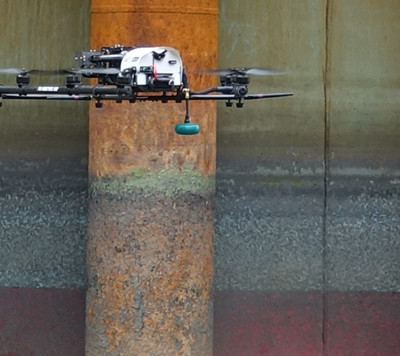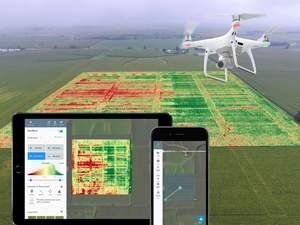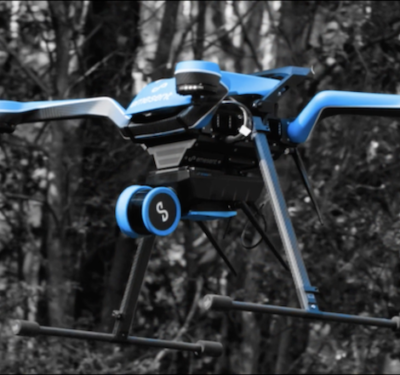
The Commercial Drone Alliance (CDA) and the Massachusetts Institute of Technology Lincoln Laboratory (MIT LL) have initiated a research collaboration aimed at facilitating the integration of commercial drone operations into the U.S. National Airspace. Announced on February 12, 2024, this partnership seeks to provide the Federal Aviation Administration (FAA) with critical data to support the safe expansion of beyond visual line of sight (BVLOS) Uncrewed Aircraft Systems (UAS) operations.
The research will concentrate on enhancing a nationwide database of aircraft traffic density, a project initially developed by MIT LL. This database serves as a free, open-source tool that enables risk-based analysis for UAS BVLOS operations. The effort to expand this database builds on prior research funded by NASA and the FAA, aiming to address the regulatory challenges by offering a comprehensive understanding of national airspace dynamics.
Lisa Ellman, Executive Director of the CDA, emphasized the significance of overcoming regulatory hurdles through data-driven insights. She highlighted the broad potential applications of commercial drone technology, including disaster response, infrastructure inspection, and medical supply delivery, that could benefit from scaled BVLOS operations.
MIT LL has a longstanding history of contributing to national security, defense, and technology innovation through its research and development activities. The partnership with CDA, which represents leading commercial drone companies in the U.S., is poised to tackle the capability gaps and barriers that currently restrict the broader adoption of BVLOS UAS operations.
Andrew Weinert from MIT LL’s Surveillance Systems Group, commented on the laboratory’s commitment to transforming research concepts into practical solutions. He mentioned MIT LL’s role in advancing safe UAS operations through the development of open-source software projects, aimed at accelerating the integration of UAS into the airspace.
This collaboration between the CDA and MIT LL marks a significant step towards enabling widespread commercial drone operations in the United States and establishing a leadership role in supporting drone operations globally.






